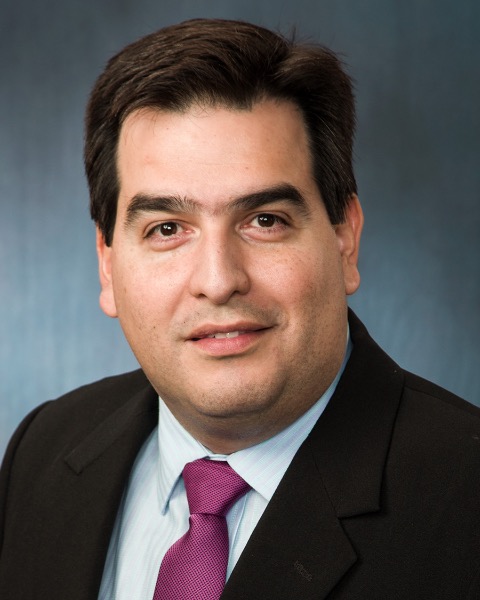Pharmacist-Driven Methicillin-Resistant S aureus Polymerase Chain Reaction Testing for Pneumonia
-

Victoria Marinucci
AdventHealth Critical Care at Central Florida
Orlando, FloridaDisclosure information not submitted.
-

Patricia Louzon, BCCCP, PharmD, FCCM
AdventHealth Orlando
Orlando, FloridaDisclosure information not submitted.
-
AC
Amy Carr, PharmD, BCIDP
Infectious Disease Clinical Pharmacy Specialist
AdventHealth Orlando, United StatesDisclosure information not submitted.
-
JH
Jillian Hayes, PharmD, BCIDP
Infectious Disease Clinical Pharmacy Specialist
AdventHealth Orlando, United StatesDisclosure information not submitted.
-
JS
Jason Sniffen, DO
Infectious Disease Physician
AdventHealth Orlando, United StatesDisclosure information not submitted.
-

Arnaldo Lopez Ruiz, MD
Critical Care Intensivist
Advent Health
Orlando, Florida, United StatesDisclosure information not submitted.
First Author(s)
Co-Author(s)
Title: Pharmacist driven methicillin-resistantS. aureuspolymerase chain reaction testing for pneumonia
Introduction: Nasal colonization with methicillin-resistantStaphylococcus aureus(MRSA) can be reliably detected using nasal swab polymerase chain reaction (PCR) assay and is associated with clinical MRSA infection. MRSA nasal PCR has a rapid turnaround time and a negative predictive value for MRSA pneumonia of >98%, however, data are limited in critically ill patients. The aim of this study is to determine the impact of a pharmacist driven algorithm utilizing MRSA PCR nasal screening on duration of anti-MRSA therapy in patients admitted to the intensive care unit (ICU) with suspected pneumonia.
Methods: This was a single center pre-post study conducted in four ICUs at a large tertiary care community hospital. Adult patients admitted to the ICU initiated on vancomycin or linezolid for suspected pneumonia managed using a pharmacist driven MRSA PCR algorithm were included in the algorithm cohort from December 2020 to May 2021. A historical cohort with standard management from January 2020 to February 2020 was matched 1:1 by age, type of pneumonia (community or hospital acquired), and APACHE II score. The primary outcome was duration of anti-MRSA therapy. Secondary outcomes included MRSA rates, number of vancomycin levels, new onset of acute kidney injury (AKI), ICU length of stay (LOS), hospital LOS, and mortality.
Results: Of the 245 patients screened, 50 patients met inclusion criteria for the algorithm cohort and were matched to 50 patients in the historical cohort. Baseline demographics were similar between groups. Algorithm recommendations were followed for 88% of patients in the algorithm group and the duration of anti-MRSA therapy was significantly lower compared to the historical cohort (47 versus 95 hours; p < 0.001). Secondary outcomes were similar between groups for MRSA rates, new onset of AKI, LOS, and mortality. There were less vancomycin levels ordered in the algorithm cohort (2 vs 3, p=0.026).
Conclusion: A MRSA PCR algorithm combined with clinical pharmacist intervention demonstrated a significant reduction in anti-MRSA duration of therapy in critically ill patients with pneumonia.
